 St. Thomas Aquinas
St. Thomas AquinasPhilosopher, theologian, Doctor of the Church (Angelicus Doctor)
Patron of Catholic universities, colleges, and schools
Born at Rocca Secca in the Kingdom of Naples, 1225 or 1227
Died at Fossa Nuova, 7 March, 1274
Heroic virtue is the possession of saints and a great gift from the Almighty, attained after a time of purification. Such a degree of virtue belongs only to souls already purified from all attachment to worldly things, but strongly attached to God. St. Thomas (I-II:61:4) says:
"Virtue consists in the following, or imitation, of God. Every virtue, like every other thing, has its type [exemplar] in God. Thus the Divine mind itself is the type of prudence; God using all things to minister to His glory is the type of temperance, by which man subjects his lower appetites to reason; justice is typified by God's application of the eternal law to all His works; Divine immutability is the type of fortitude. And, since it is man's nature to live in society, the four cardinal virtues are social [politicae] virtues, inasmuch as by them man rightly ordains his conduct in daily life. Man, however, must raise himself beyond his natural life unto a life Divine: 'Be you therefore perfect, as also your heavenly Father is perfect' (Matthew 5:48). It is, therefore, necessary to posit certain virtues midway between the social virtues, which are human, and the exemplary virtues, which are Divine. These intermediate virtues are of two degrees of perfection: the lesser in the soul still struggling upwards from a life of sin to a likeness with God -- these are called purifying virtues [virtutes purgatoriae]; the greater in the souls which have already attained to the Divine likeness -- these are called virtues of the purified soul [virtutes jam purgati animi]. In the lesser degree, prudence, moved by the contemplation of things Divine, despises all things earthly and directs all the soul's thought unto God alone; temperance relinquishes, as far as nature allows, the things required for bodily wants; fortitude removes the fear of departing this life and facing the life beyond; justice approves of the aforesaid dispositions. In the higher perfection of souls already purified and firmly united with God, prudence knows nothing but what it beholds in God; temperance ignores earthly desires; fortitude knows nothing of passions; justice is bound to the Divine mind by a perpetual compact to do as it does. This degree of perfection belongs to the blessed in heaven or to a few of the most perfect in this life."


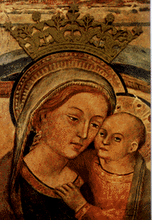


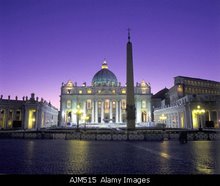


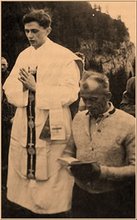
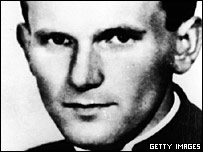
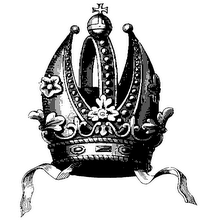
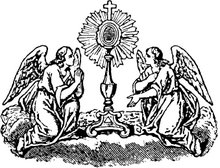
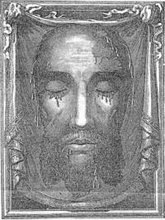
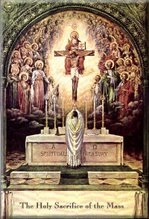

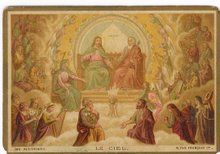




01.jpg)




















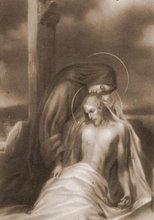





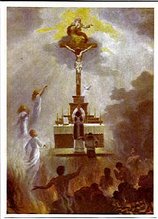


No comments:
Post a Comment